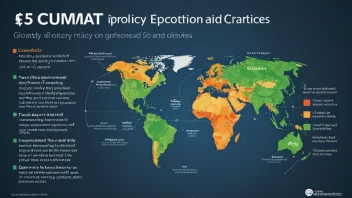Antibiotic resistance is one of the most pressing challenges facing modern medicine today. As bacteria evolve and adapt, the effectiveness of antibiotics diminishes, leading to increased morbidity and mortality rates globally. This article explores the complexities of antibiotic resistance, its implications for public health, and potential strategies to combat this growing crisis.
At its core, antibiotic resistance occurs when bacteria develop the ability to survive exposure to medications designed to kill them. This phenomenon can be attributed to several factors, including overprescription of antibiotics, misuse in agriculture, and inadequate infection control measures in healthcare settings. According to the World Health Organization (WHO), antibiotic resistance could lead to 10 million deaths annually by 2050 if no action is taken.
One of the primary reasons for the rise in antibiotic resistance is the overuse of these drugs. In many cases, patients demand antibiotics for viral infections, where they are ineffective, leading to unnecessary prescriptions. Additionally, in agriculture, antibiotics are often used not only to treat sick animals but also to promote growth in healthy livestock. This practice contributes to the development of resistant bacteria, which can transfer to humans through the food chain.
Another critical factor is the lack of new antibiotics being developed. The pharmaceutical industry faces significant challenges in bringing new antibiotics to market, including high research and development costs and low financial returns. As a result, many companies have shifted their focus away from antibiotic research, exacerbating the problem.
To address these issues, a multifaceted approach is necessary. Public health campaigns aimed at educating both healthcare providers and patients about the appropriate use of antibiotics can help reduce unnecessary prescriptions. Furthermore, implementing stricter regulations on antibiotic use in agriculture can help curb the spread of resistant bacteria.
Global cooperation is also essential in tackling antibiotic resistance. The WHO has launched the Global Action Plan on Antimicrobial Resistance, which encourages countries to develop national action plans tailored to their specific challenges. These plans emphasize the importance of surveillance, infection prevention, and control, as well as research and development of new antibiotics and alternative therapies.
In conclusion, antibiotic resistance presents a significant threat to public health that requires urgent action from individuals, healthcare professionals, and policymakers alike. By understanding the factors contributing to this crisis and implementing effective strategies, we can work towards preserving the efficacy of antibiotics for future generations. The fight against antibiotic resistance is not just a medical issue; it is a societal challenge that calls for collective responsibility and innovative solutions.






